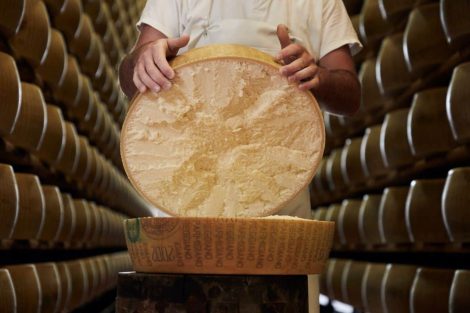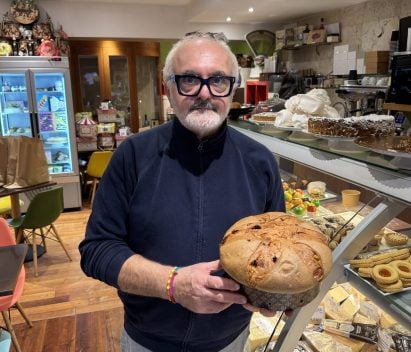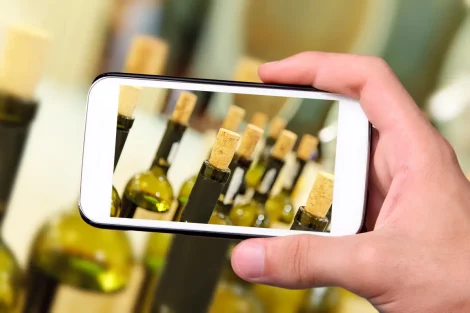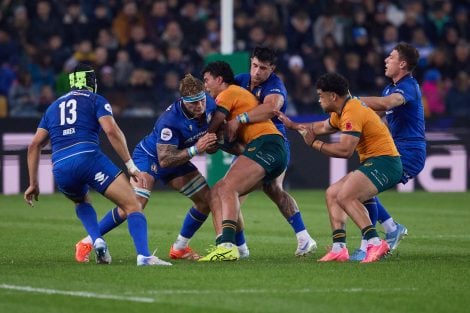The counterfeiting of wine and alcoholic beverages costs Italy €302 million and over 648 jobs each year. This represents one of the highest counterfeiting rates compared to other products, with annual sales losses across the European Union totalling €2.3 billion and nearly 5,700 jobs lost. Added to this is a tax revenue loss exceeding €2 billion. The alarming data comes from the EUIPO (European Union Intellectual Property Office) and was released on the occasion of World Anti-Counterfeiting Day, Wednesday 12 June, alongside the launch of the awareness campaign What’s on the table?
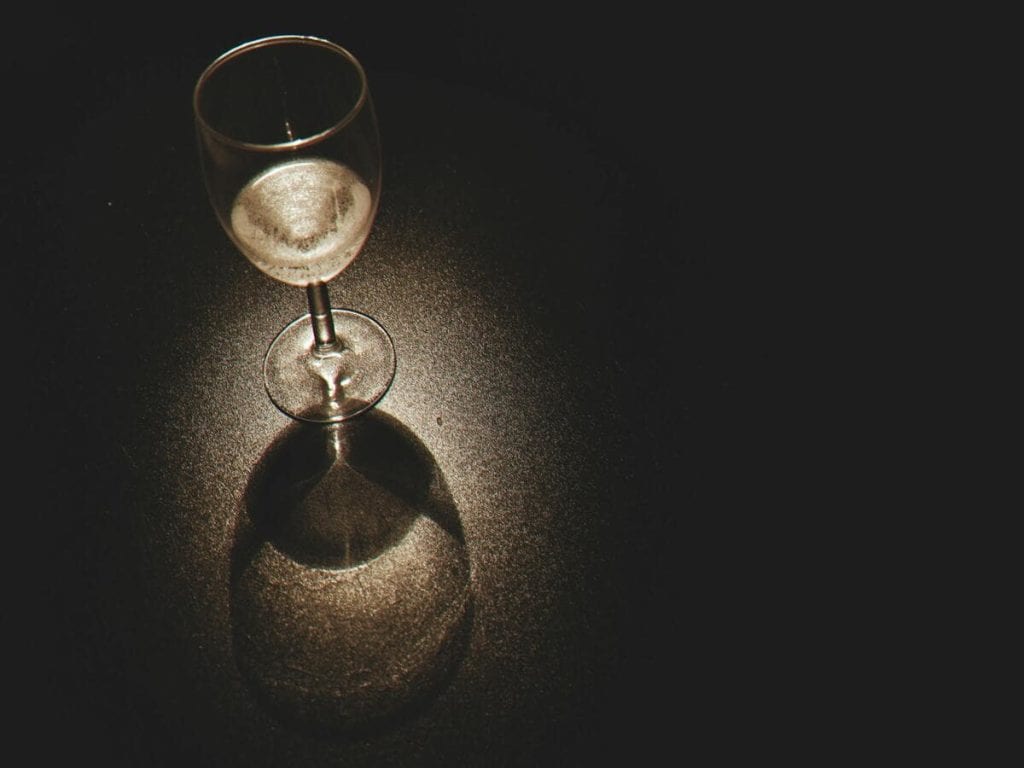
The most affected products
The European Union, EUIPO recalls, has over 3,600 products with registered geographical indications. Wine, olive oil, meat, cheese, and dairy products are the most heavily affected by counterfeiting. The awareness initiative follows recent reports indicating that counterfeiting in the food and beverage sector continues to pose a significant risk to consumer health.
France, Italy and Germany lead both in the production and consumption of GI (geographical indication) products. France alone accounts for nearly 32% of GI product sales in the EU. Wine represents 54% of total GI product consumption, making it particularly vulnerable to counterfeiting, which is often controlled by criminal organisations.
The large-scale Opson operation
In the Opson operation (meaning “food” in Greek), conducted annually by Europol and Interpol, around 22,000 tonnes of counterfeit food and 850,000 litres of fake beverages were seized in 2024. The total value of the seized goods was €91 million. Eleven criminal organisations were dismantled and around 278 individuals reported. The products included dangerous substances such as methanol, mercury, and toxic pesticides.
In recent years, EUIPO notes, foodstuffs have become the second most seized category of goods at the EU’s external borders. China and Turkey are among the most frequently identified countries of origin for counterfeit food and beverages seized between 2019 and 2020.
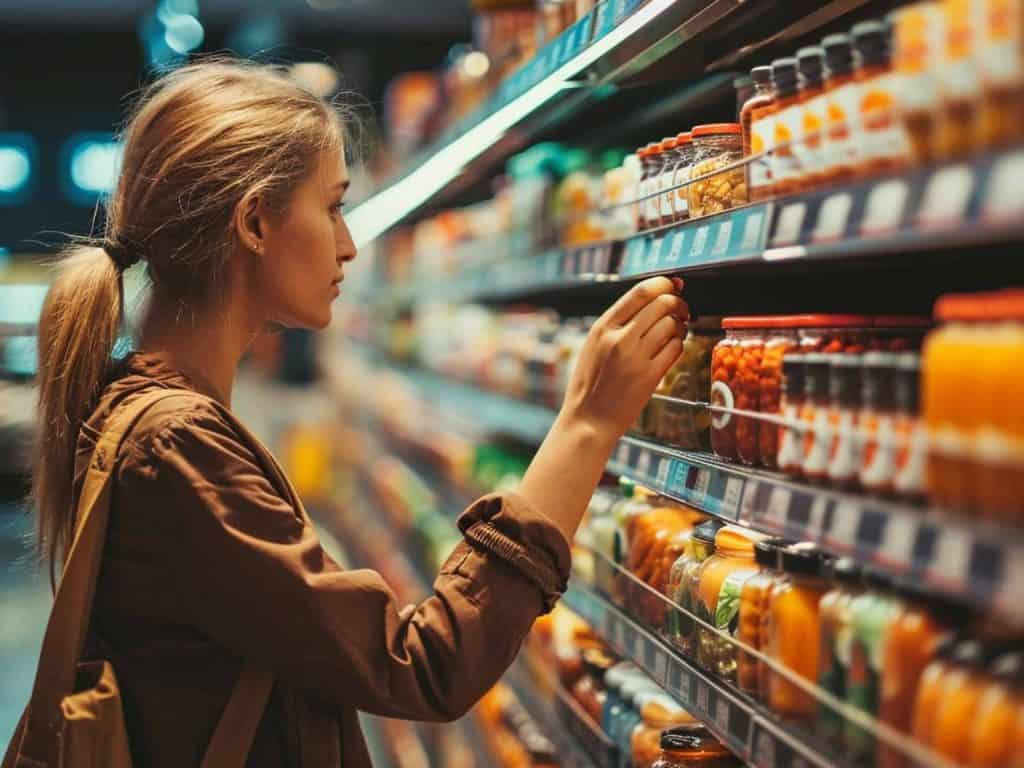
Advice for consumers
Health risks remain a major concern. The EUIPO campaign offers practical advice to consumers: buy from authorised retailers and official distribution channels, including brand’s official websites; check product labelling and origin, and verify the presence of certification logos such as PDO, PGI, and TSG. Other suggestions include closely examining the packaging and product, as defects in finishing or spelling errors are often visible.
EUIPO has published a guide to anti-counterfeiting and anti-piracy technologies, listing more than 40 tools that can help businesses protect their brands.

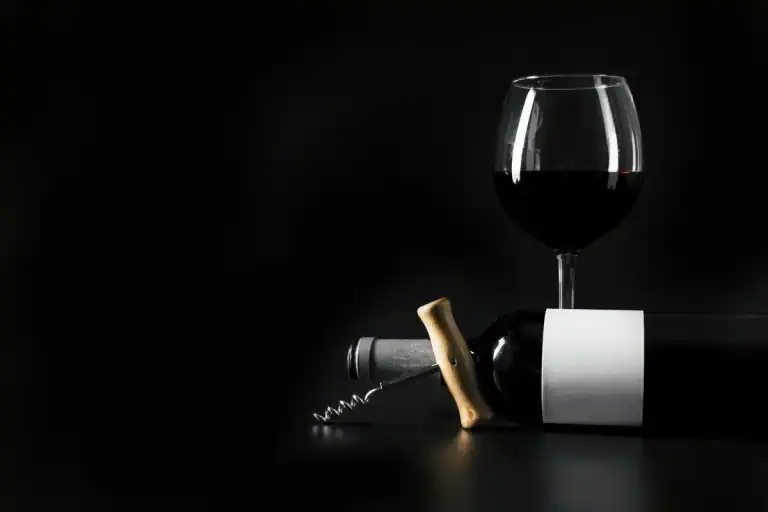
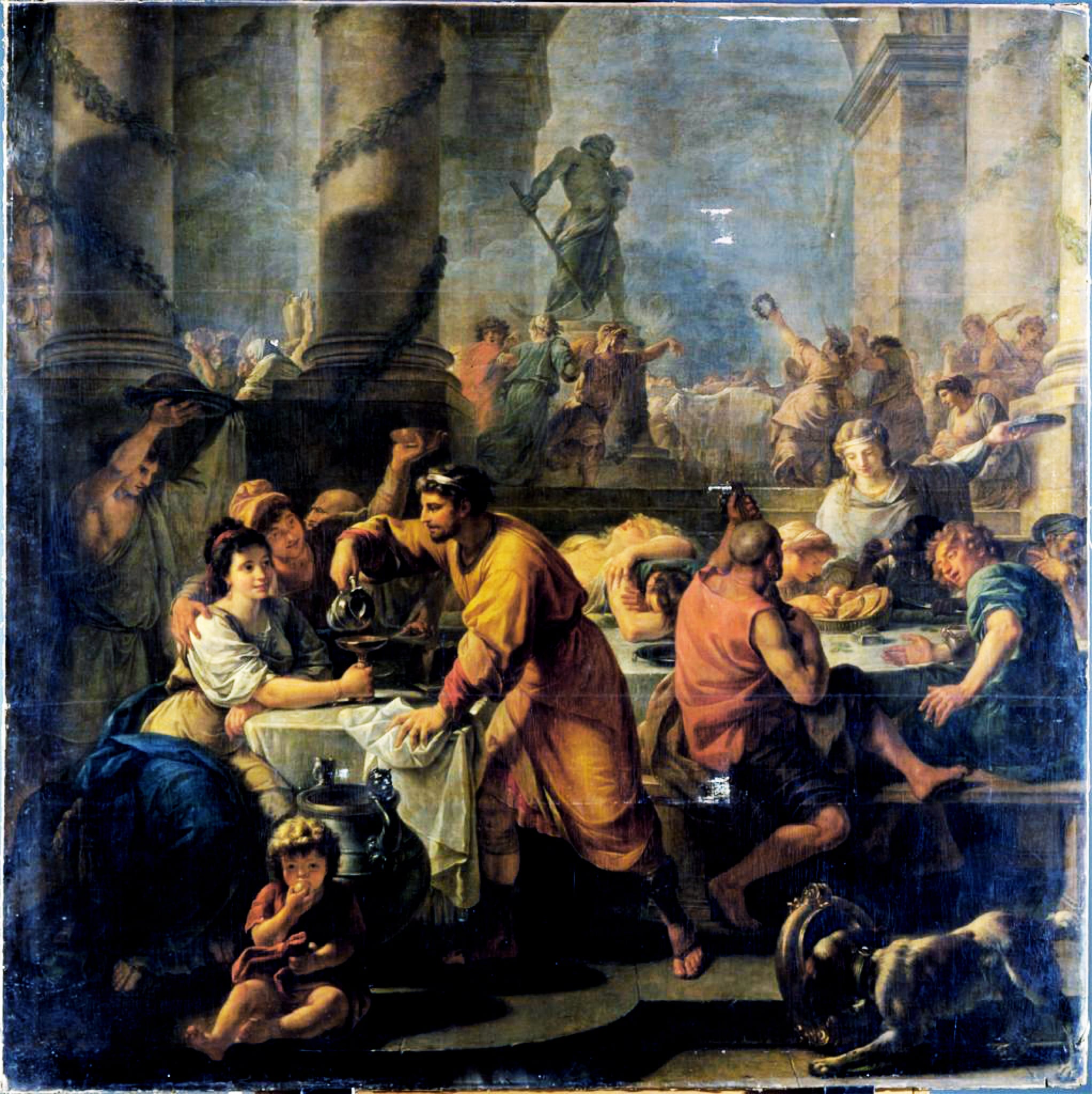 Io Saturnalia! How to celebrate the festive season like an Ancient Roman
Io Saturnalia! How to celebrate the festive season like an Ancient Roman The UNESCO effect: tourism is growing, but there is a risk of losing identity
The UNESCO effect: tourism is growing, but there is a risk of losing identity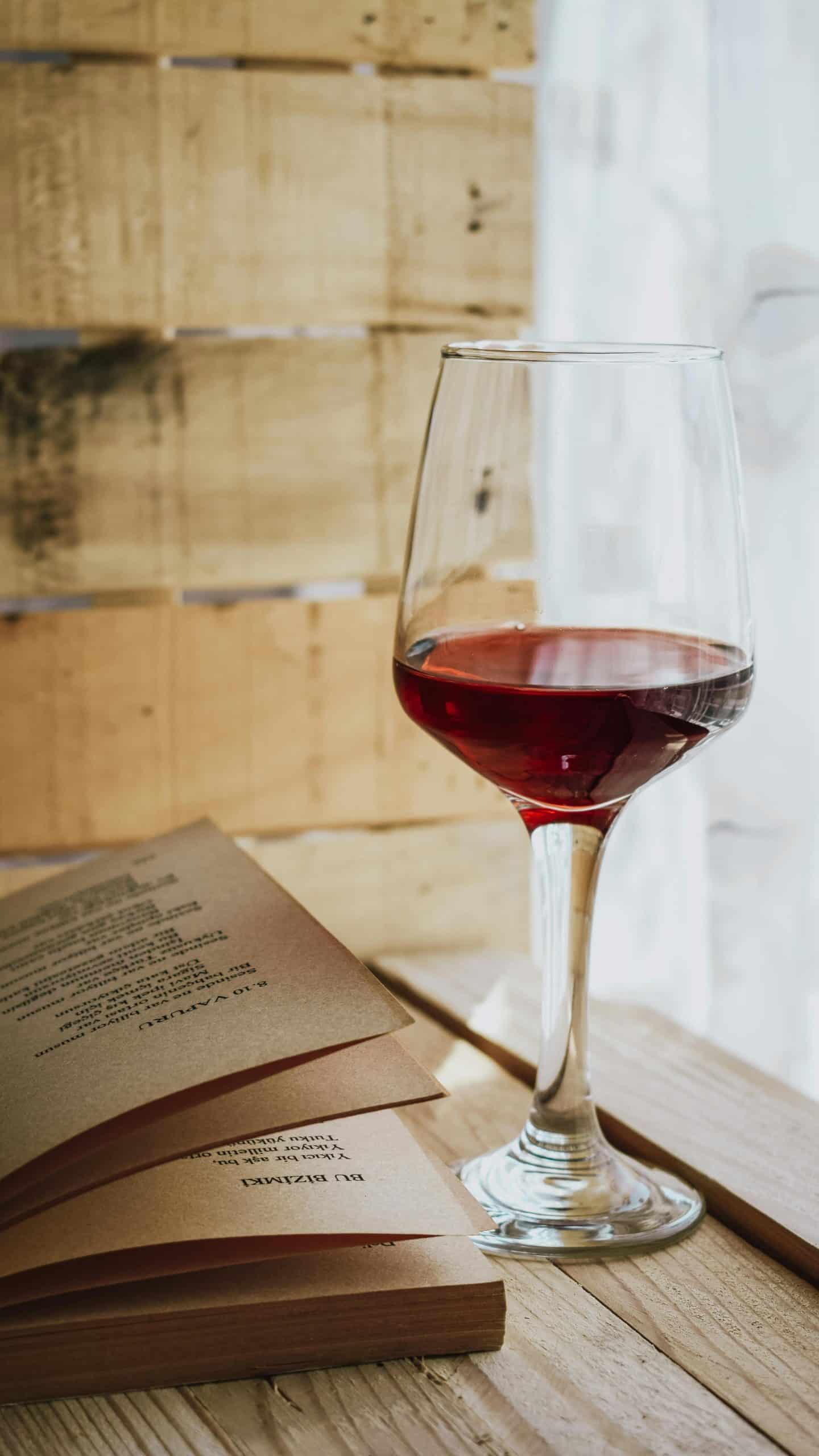 The perfect pairing? Wine and books
The perfect pairing? Wine and books 2025 was the year of Trump's tariffs – will 2026 be better for Italian wine in the US?
2025 was the year of Trump's tariffs – will 2026 be better for Italian wine in the US?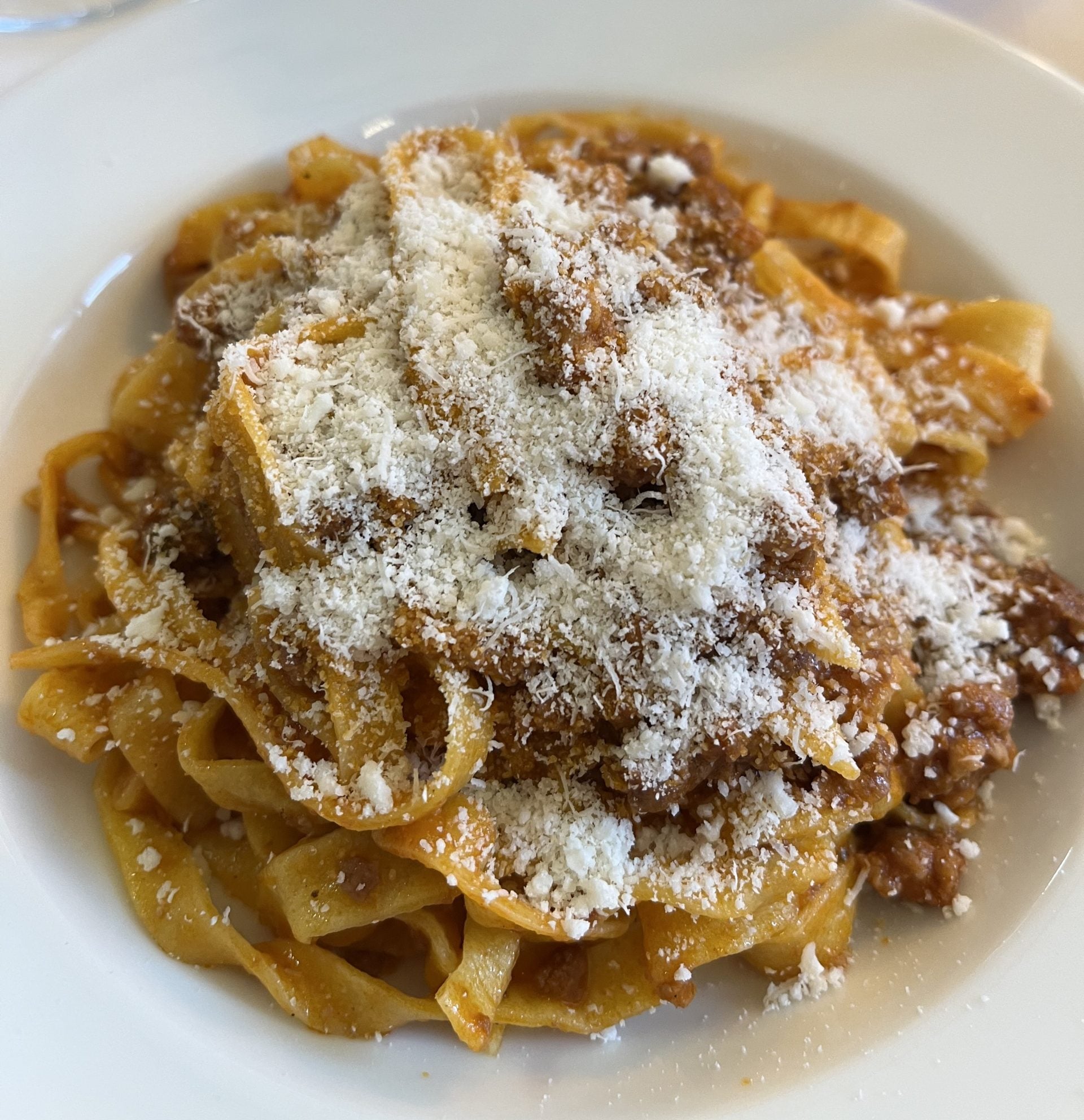 Italian cuisine recognised by UNESCO
Italian cuisine recognised by UNESCO

